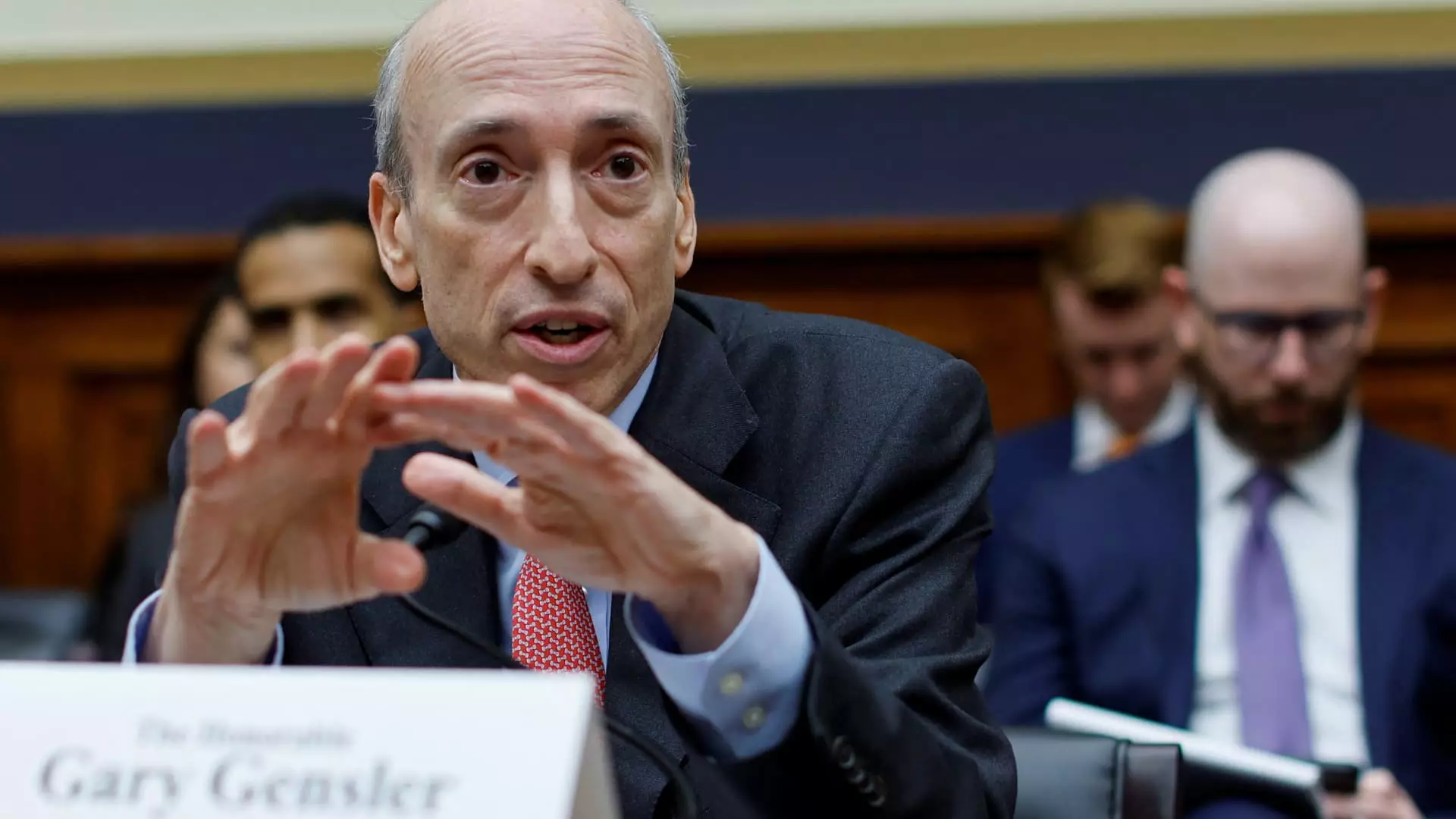This morning, Gary Gensler, Chairman of the Securities and Exchange Commission (SEC), delivered a noteworthy address at the Practising Law Institute’s 56th annual conference focused on securities regulation. While it was not explicitly a farewell speech, many attendees sensed a tone of retrospection as Gensler highlighted his accomplishments since assuming leadership in April 2021. His emphasis on the SEC’s role as a guardian of investor protection echoed throughout his remarks, signaling a significant chapter in the agency’s history.
Gensler’s accomplishments were underscored by an array of recently implemented disclosure rules. These rules aim to enhance transparency in vital areas, including data breaches, the alignment of executive pay with corporate performance, and the disclosures required of individuals seeking to acquire over 5% of a company’s stock. Notably, he offered only a cursory mention of the contentious climate change disclosure rule, which currently faces legal challenges. His remark, “Congress put in place important provisions about disclosure because information about securities creates a public good,” underscores an ongoing commitment to transparency amid complex regulatory landscapes.
New Rules for a Contemporary Market
In addition to reforms around disclosures, Gensler shed light on recent changes in market structure, particularly in the context of central clearing and settlement cycles. By enforcing new rules for central clearing of Treasury securities and reducing the stock settlement cycle from two days to one, Gensler aims to modernize trading processes and reduce systemic risk. Furthermore, allowing stock quotes to be presented in increments smaller than a penny reflects a responsive regulatory approach to the evolving financial landscape.
Despite these advancements, Gensler’s tenure has not been without controversy. His robust stance on cryptocurrency regulation has stirred significant debate, as he reiterated that while Bitcoin may not qualify as a security, many other digital assets certainly do fall under the SEC’s jurisdiction. Gensler’s conviction that all entities offering securities must register reflects heightened vigilance in an industry that has been characterized by volatility and occasional investor harm. He lamented the lack of rigorous policing in the crypto space, stating, “the vast majority of crypto assets have yet to prove out sustainable use cases,” a clear advisory to potential investors.
While Gensler concluded with an expression of pride in his team and the work they have accomplished, the overall ambiance of his address led many to speculate about the trajectory of his leadership. His closing remark, “I’ve been proud to serve with my colleagues at the SEC…,” resonates as both a commendation and seemingly a prelude to potential transitions in leadership.
As the SEC navigates the complexities of modern finance—including the challenges presented by emerging technologies—it seems poised for even more changes ahead. Gensler’s speech acts as both a reflective piece on what has been achieved during his tenure and a forward-looking statement about the future of regulatory practices in American capital markets. Ultimately, the strength of Gensler’s leadership will continue to shape the integrity of the financial landscape as vigilant oversight remains crucial for investor protection in the years to come.

